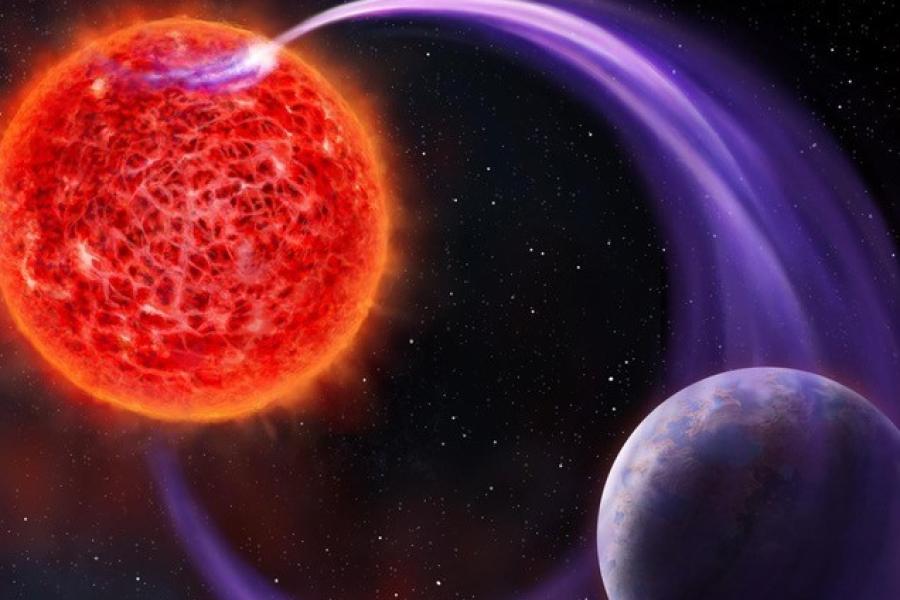
Novel way to detect signals from stellar and exoplanetary systems unveiled
Thanks to this innovation, scientists have discovered new radio bursts originating from dwarf stars and possibly from exoplanets.
 Department Homepage
Department Homepage
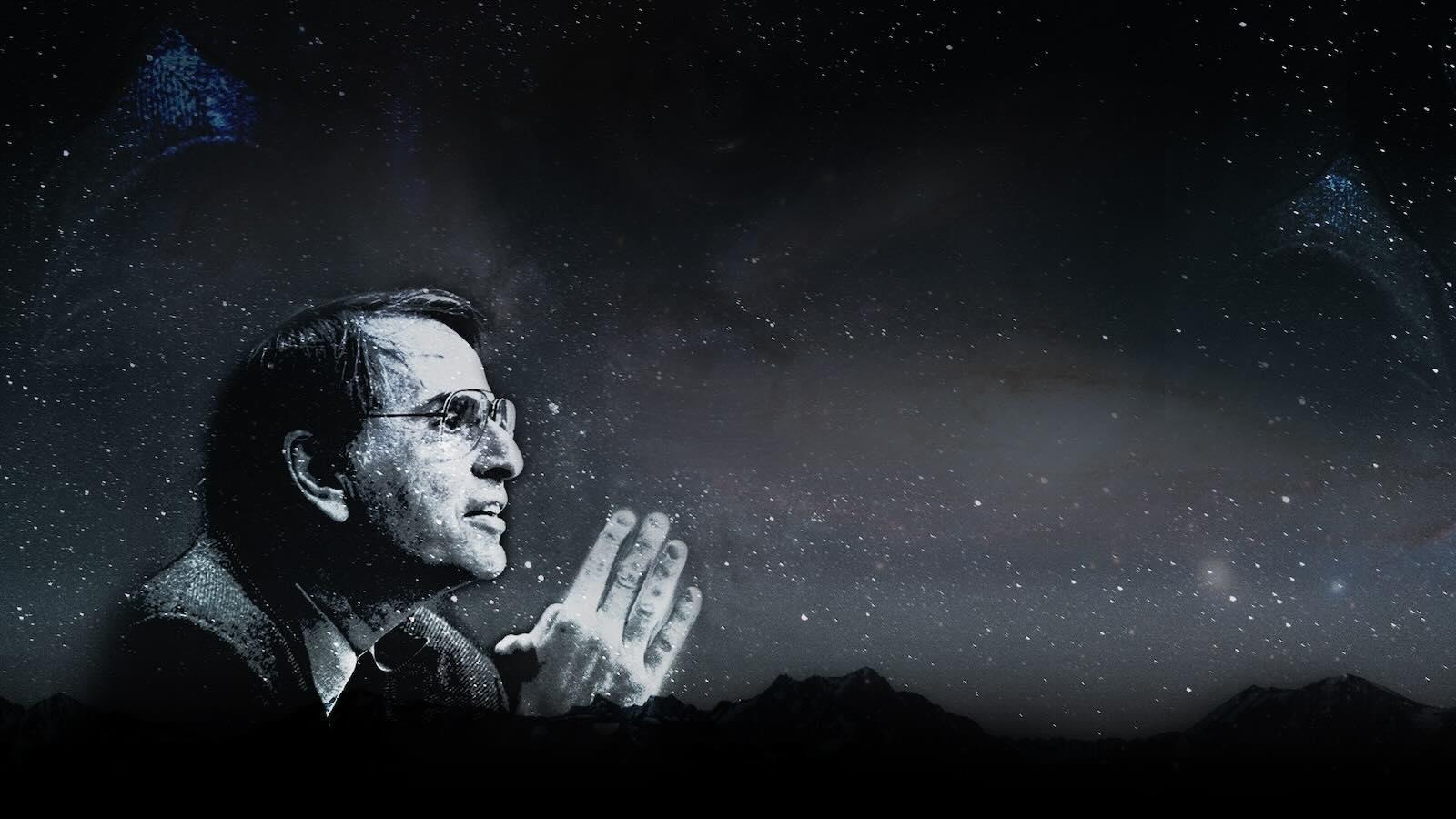
The Carl Sagan Institute (CSI) was founded to find life in the universe. Based on the pioneering work of Carl Sagan at Cornell, our interdisciplinary team is developing the forensic toolkit to find life in the universe, inside the Solar System and outside of it, on planets and moons orbiting other stars.

Thanks to this innovation, scientists have discovered new radio bursts originating from dwarf stars and possibly from exoplanets.
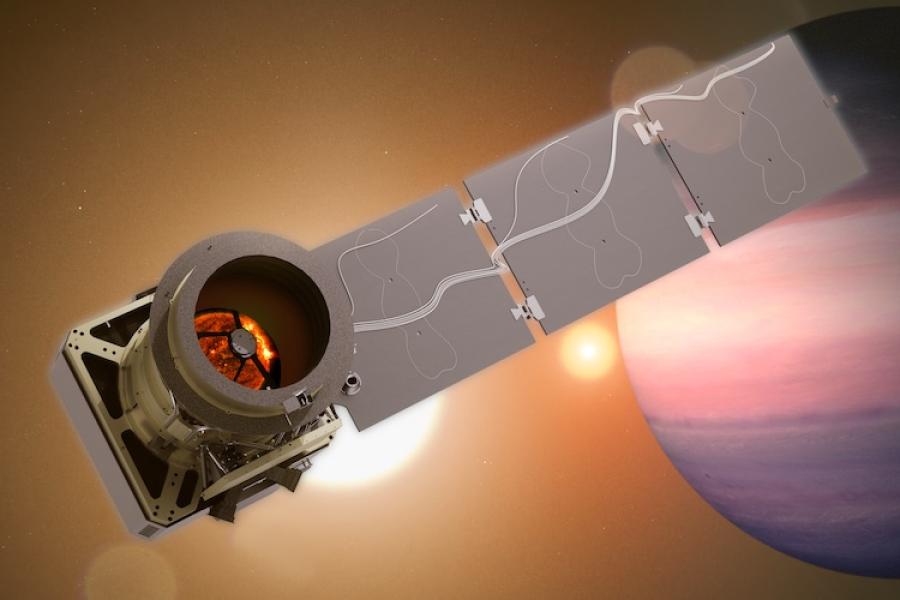
Tasked with studying exoplanet systems around small stars, the refrigerator-sized satellite is the first in NASA’s Astrophysics Pioneers program – small-scale missions designed to train early-career scientists, including Trevor Foote, Ph.D. ’24, a former member of the research group led by faculty member Nikole Lewis.
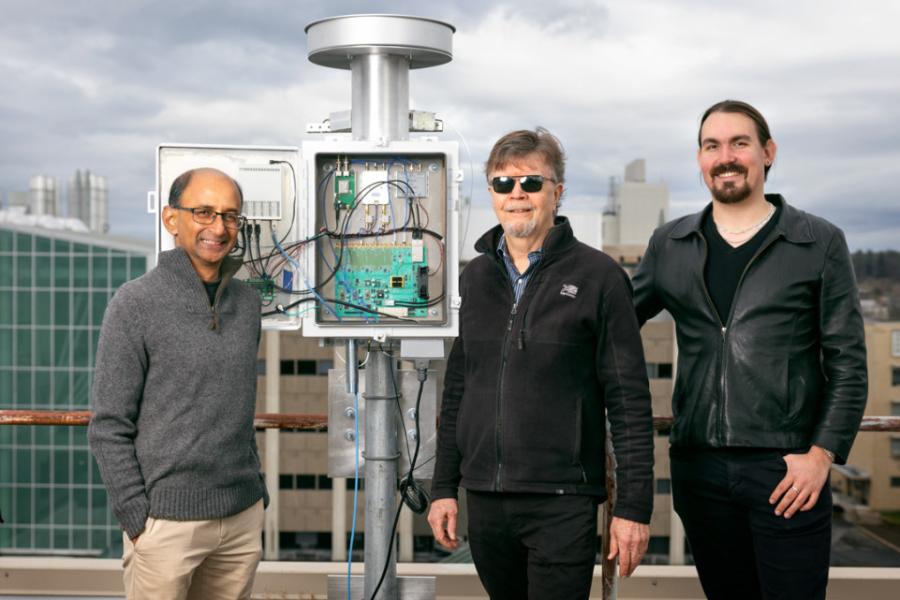
One of the world's smallest telescopes, it is part of a series of eight terminals installed around the globe.

To equip astronauts with health choices for future missions, a Cornell postdoctoral fellow is leading research with AstroCup, a group that recently tested two menstrual cups in spaceflight as payload on an uncrewed rocket flight.

The portraits are part of a series by Christopher Michel, the National Academies of Sciences, Engineering and Medicine’s inaugural artist-in-residence.
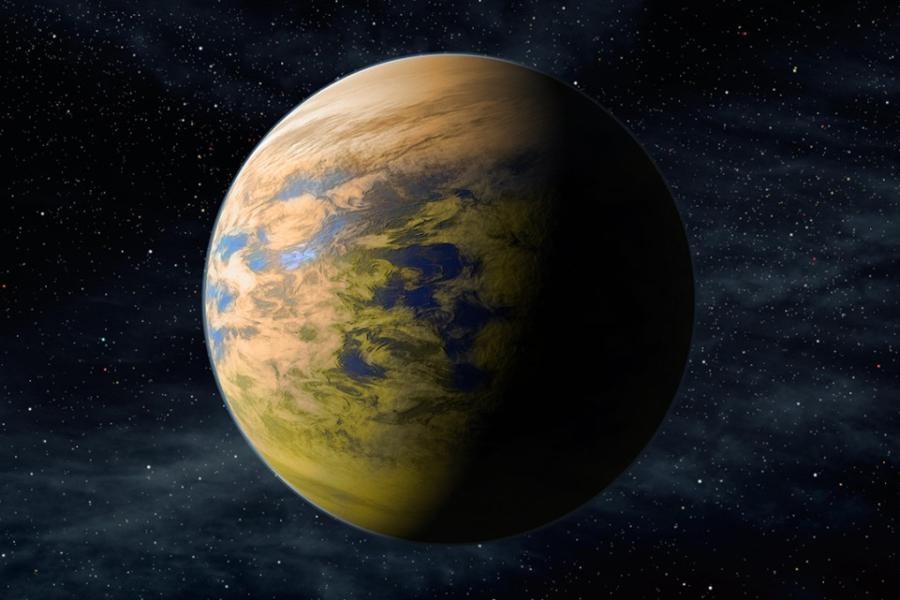
Cornell researchers have created the first reflectance spectra – a color-coded key – of microorganisms that live in the clouds floating above Earth’s surface.
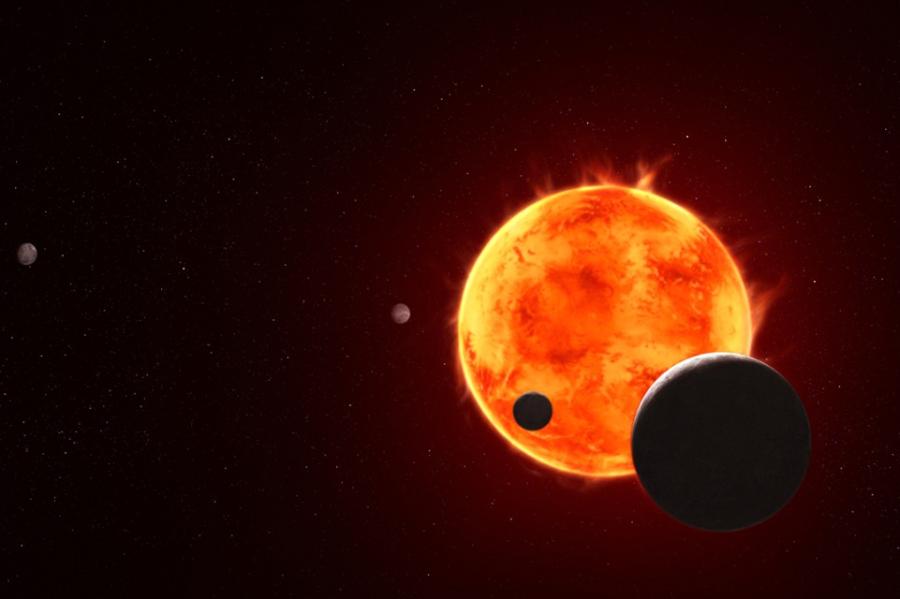
TRAPPIST-1 e may have an atmosphere that could support having liquid water on the planet’s surface in the form of a global ocean or icy surface, according to new research.
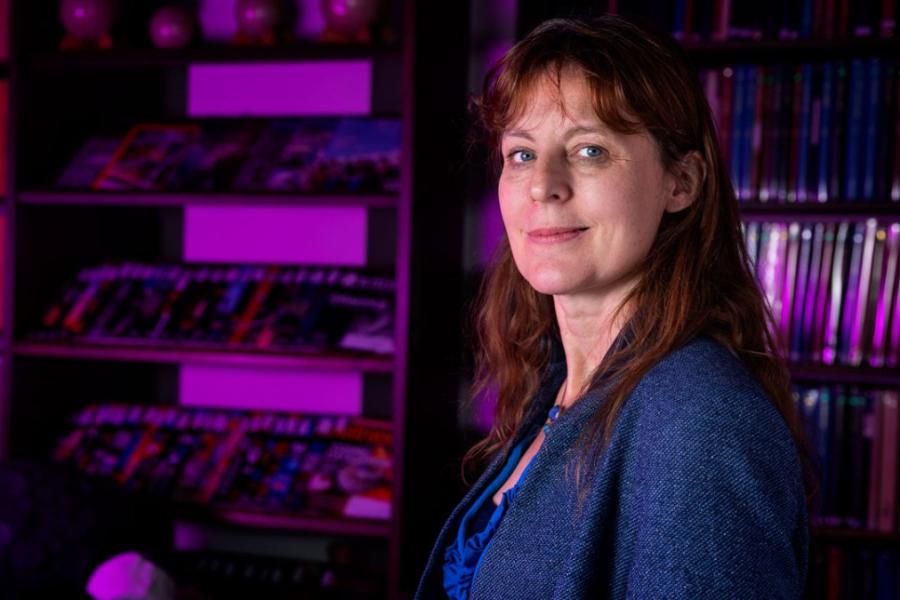
The award recognizes and honors outstanding communication by an active planetary scientist to the public.
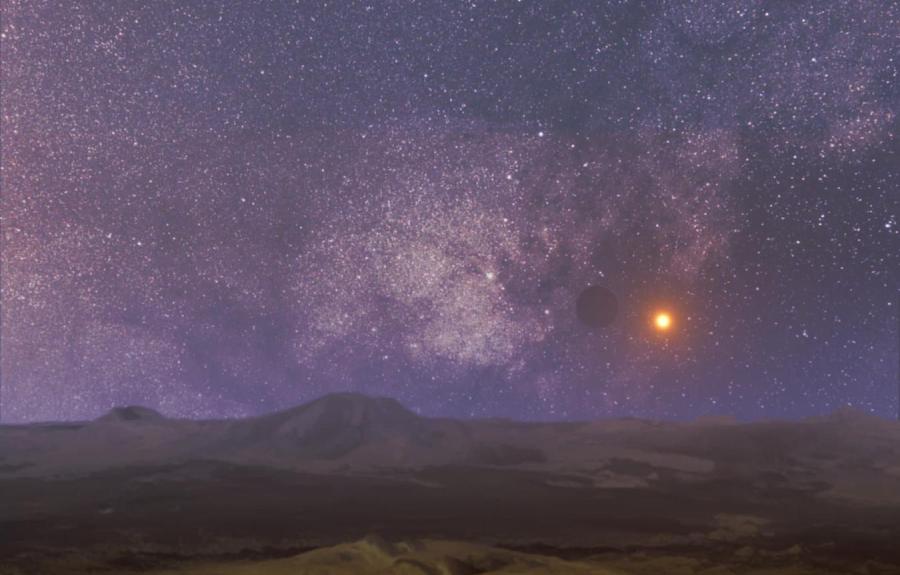
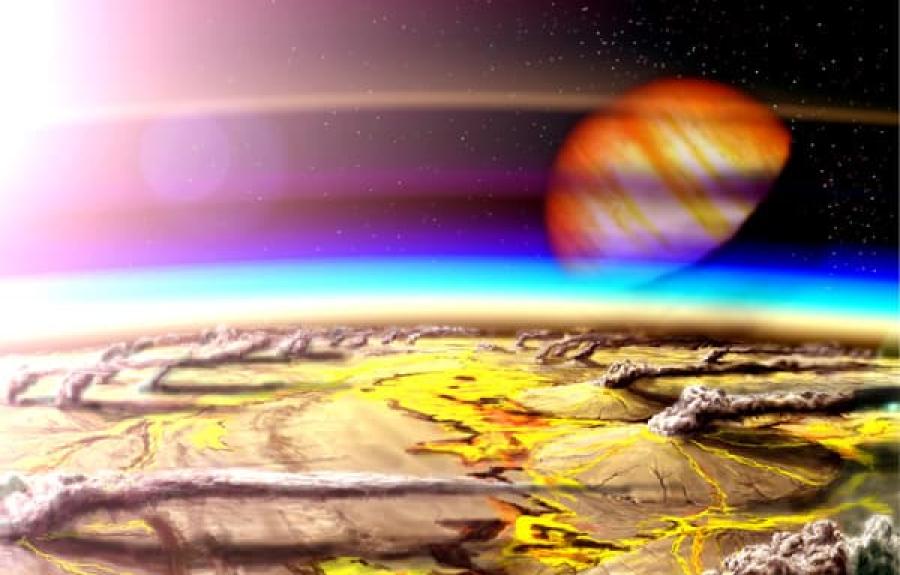
The Carl Sagan Institute was founded in 2015 at Cornell University to find life in the universe and explore other worlds – how they form, evolve and if they could harbor life both inside and outside of our own Solar System.
CSI Founding Director, Lisa Kaltenegger appeared on the StarTalk podcast with Neil DeGrasse Tyson and Matt Kirshen to discuss the potential for inhabited super-earths: